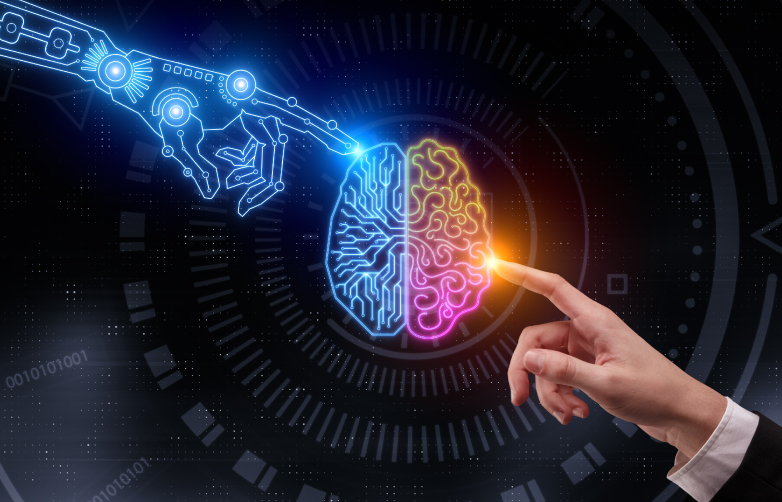The Rise of AI
Artificial Intelligence (AI), especially generative AI, is no longer just a topic for tech experts; it’s part of everyone’s life. But, many people still think it’s something important only for big companies or tech projects, not for them personally. This view needs to change because AI’s influence is everywhere, from online shopping to the job market.

The Hidden Challenge
One big issue with AI is that it can be biased without us realizing it. For example, if an AI system in a company mainly sees men getting hired for a certain job, it might start thinking that men are better for that job. This isn’t because the AI is intentionally biased; it’s just repeating patterns it sees. But this can make unfair situations worse.
This problem is made more complicated because AI often works like a “black box.” This means that when AI makes a decision, like rating job candidates, it doesn’t explain why. It might give one person a high score and another a low score, but it won’t say why. This lack of explanation can hide biases. If everyone just trusts the AI without questioning it, these hidden biases can grow stronger.
A Step Towards Transparency
To fix this, there’s a growing interest in making AI more explainable. This means designing AI systems that can tell us why they make certain decisions. For example, if someone’s loan application is denied by an AI, the system should be able to explain why. This is becoming more important in laws too. In Europe, under GDPR, people have the right to know why an AI made a decision about them.
The Deepfake Problem
Another big ethical issue in AI is deepfakes. These are very realistic videos or images created by AI, where someone appears to say or do something they never did. This technology can be used to spread false information or trick people. It’s a serious challenge because it’s getting harder to tell what’s real and what’s not.

Global Efforts for Ethical AI
To tackle these problems, big tech companies and organizations are working on rules and standards for ethical AI. They focus on things like protecting people’s data, making sure AI isn’t biased, and being clear about how AI works. Groups like the IEEE and the Partnership on AI, which includes companies like Apple and Google, are trying to find the best ways to make AI safe and transparent.
AI’s growth is changing our world in big ways. But, as it becomes a bigger part of our lives, we need to make sure it’s fair, clear, and used in the right way. This means understanding how AI works, making sure it explains its decisions, and keeping an eye on how it’s used, especially in cases like deepfakes. The first step to a safer AI future is awareness and responsible use of these powerful technologies.

